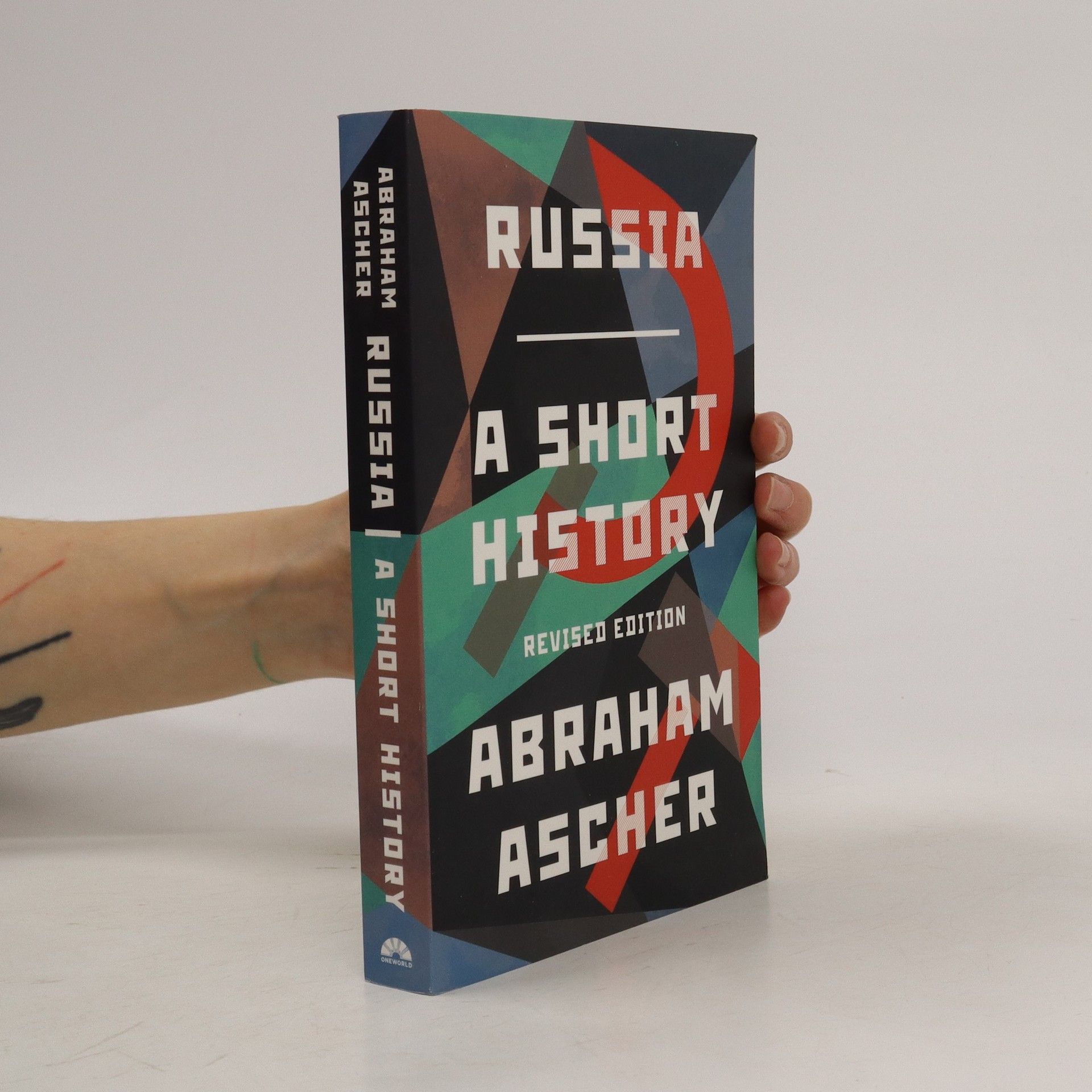In der Zwischenkriegszeit lebte in Breslau die drittgrößte jüdische Gemeinde des Deutschen Reichs mit etwa 24.000 Mitgliedern. Diese Gemeinde erlebte die Ausgrenzung, Verfolgung und Vernichtung durch die Nationalsozialisten, ähnlich wie in anderen deutschen Städten. Die NS-Zeit in Breslau ist jedoch wenig erforscht, was durch den Wechsel der staatlichen Zugehörigkeit 1945, den Kalten Krieg und Sprachbarrieren bedingt war. Die Autorinnen und Autoren des Buches beleuchten nun die Geschichte der Shoah in Breslau aus verschiedenen Perspektiven und rekonstruieren Orte jüdischen Lebens, einschließlich Arbeit, Wohnen, Religion, Politik, Kunst und Kultur. Auch die Nachwirkungen der Shoah, wie der Umgang mit Friedhöfen und Erinnerungen an Breslau, werden thematisiert. Die Texte schaffen ein facettenreiches Bild der Topographie der Shoah in der Stadt und sollen die Erinnerung an die Opfer wachhalten sowie zu weiteren Forschungen anregen. Mit dem Schwinden der Zeitzeug*innen gewinnen historische Gebäude an Bedeutung als Träger ihrer Geschichten. Die Publikation bietet substanzielle Beiträge zu historischen Orten und verknüpft diese, um eine neue Lesart der Stadt und des Kapitels Shoah in Breslau zu präsentieren. Karten und zahlreiche Illustrationen ergänzen den Band.
Abraham Ascher Bücher
Abraham Ascher ist emeritierter Geschichtsprofessor, dessen wissenschaftliche Arbeit sich mit den Komplexitäten historischer Ereignisse und deren tiefgreifenden Auswirkungen befasst. Seine Schriften zeichnen sich durch sorgfältige Forschung und aufschlussreiche Analysen aus und bieten den Lesern ein tieferes Verständnis der Kräfte, die menschliche Gesellschaften prägen.




Von den Anfängen der Kiewer Rus über Zarenreich und Sowjetunion bis zum Tschetschenien-Krieg - alle wichtigen Ereignisse der russischen Geschichte werden in dieser fundierten Einführung lebendig und verständlich. Immer wieder steht dieser Überblick über mehr als tausend Jahre russischer Geschichte unter der Frage nach der russischen Identität. Welche Rolle spielte sie für die Ereignisse der Vergangenheit, welches Vermächtnis hält sie für das 21. Jahrhundert bereit?
The Russian Revolution
- 206 Seiten
- 8 Lesestunden
A radical new introduction that reveals the Soviet Union as a perpetually revolutionary state.
Russia. A Short History
- 320 Seiten
- 12 Lesestunden
Distinguished Professor Emeritus Abraham Ascher offers a skilful blend of engaging narrative and fresh analysis in this concise introduction to Russian history. It covers the growing political tensions between Russia and its neighbours, and the mounting divergence between Russian and US foreign policies